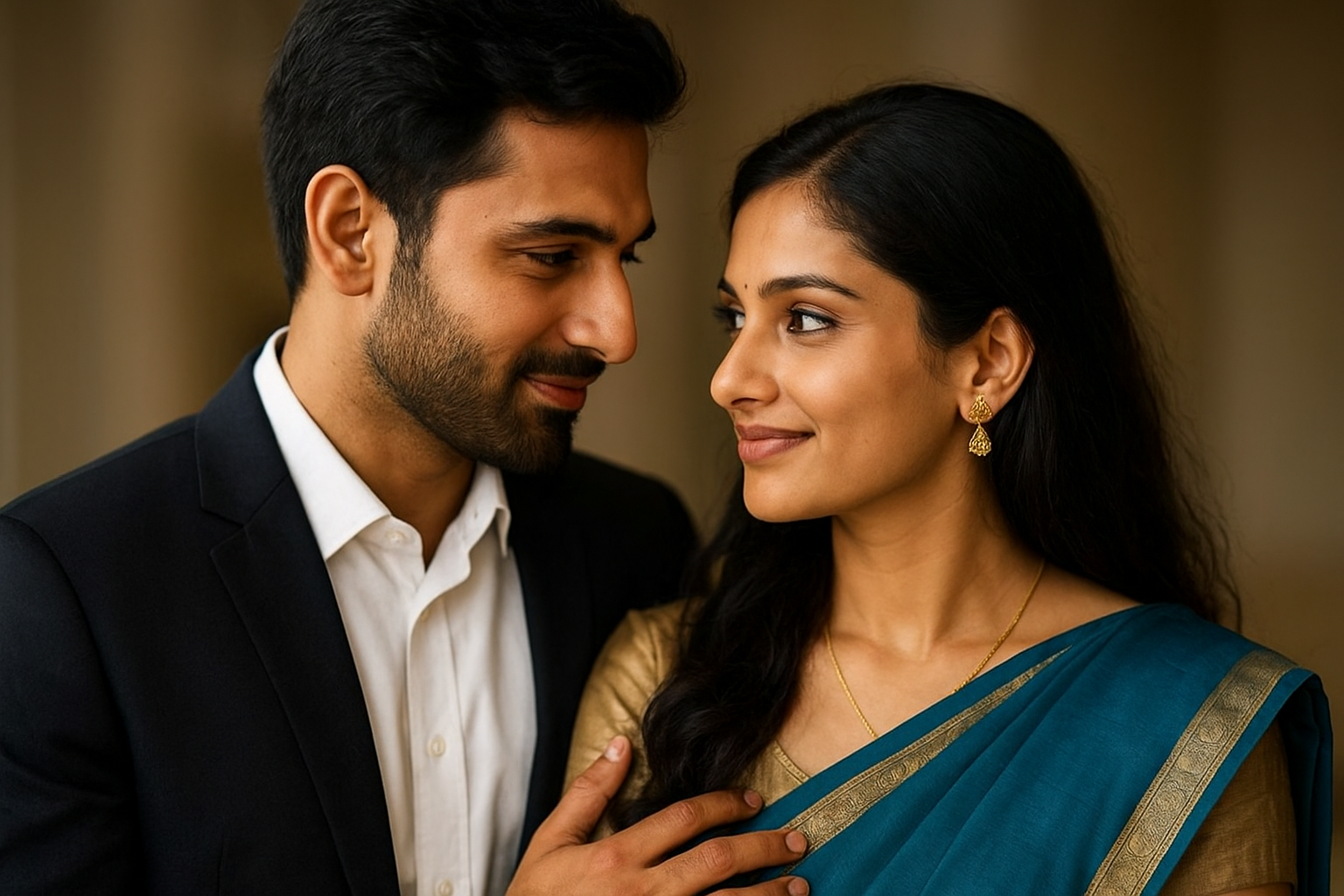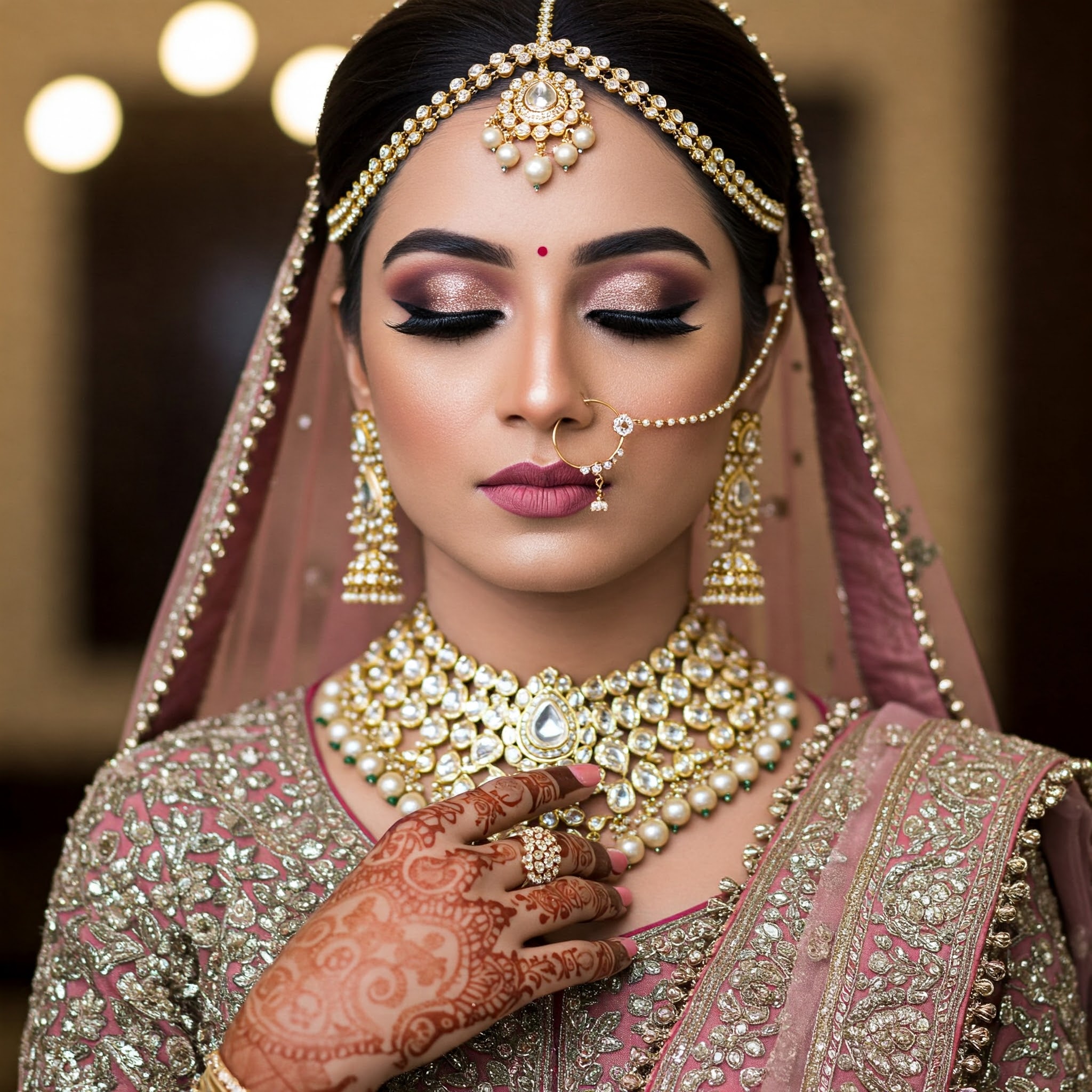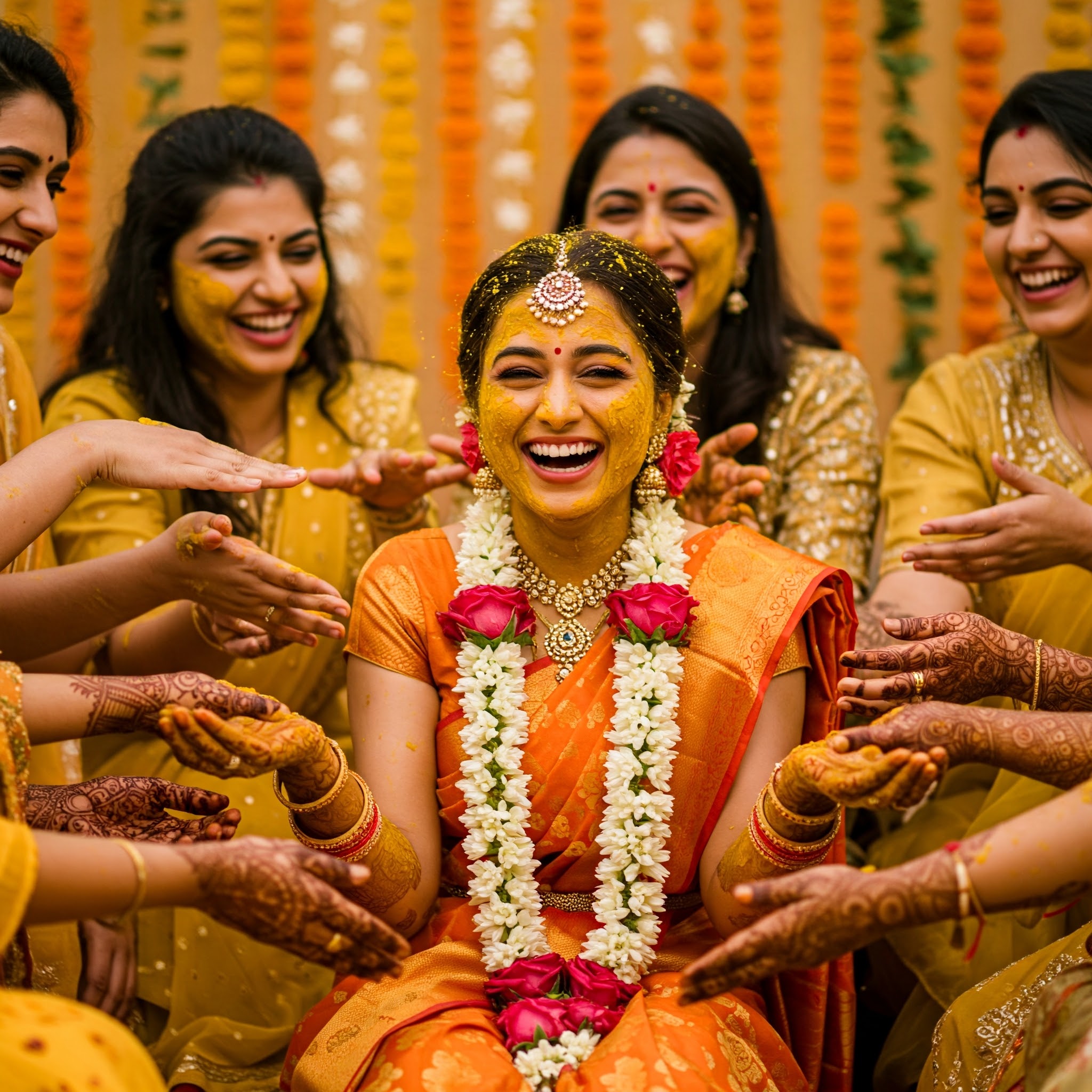
Trending Matrimony Trends of 2025 - What NRIs Desire
30-Sep-2025 digi shaadi
Introduction
The Indian expatriate population globally has grown tremendously, with more than 34 million Indians finding voice abroad, distributed over more than 200 countries in 2025. Nearly half of them are based in just ten countries—USA, UAE, Malaysia, Canada, Saudi Arabia, UK, South Africa, Sri Lanka, Kuwait, and Singapore. With such far-reaching presence, it has necessarily impacted the mindset of India's Non-Resident Indians (NRIs) towards marriage and matrimony.
Matrimonial decisions now are not just based on caste, community, or appearance. Trends and data indicate that the young NRIs, in particular, look for education, freedom of relocation, twin citizenship, and lifestyle compatibility far more than previous generations. Let's proceed to the discussion of the top trends in NRI matrimonial preferences in 2025.
Education and Career Compatibility Take the Forefront
One of the strongest trends in NRI marriage today is the emphasis on parallel or even greater levels of education. Young professional individuals, especially in the USA, Canada, UK, and Australia, are looking for spouses with comparable educational and career status. For most, a potential spouse's career history and ability to adapt to global work cultures matter more than traditional markers of family background.
On the other hand, past generations still value education but might just as well set similar priority on reputation within society, traditional values, or family ties.
The Emergence of Relocation Flexibility
Whereas earlier, partners used to remain in one place, mobility is the norm today. Young NRIs, engaged in flexible professions like finance and IT, want liberal-minded partners who are free to shift between nations, work online, or even split time between continents.
Older generations, instead, are accustomed to seeking stability—asking partners to remain stationary, especially where the extended family is.
Double Citizenship and Legal Standing Are More Relevant Than Ever
Immigration hurdles are one of the biggest realities of NRI weddings. Which is why double citizenship, permanent resident (PR), or Overseas Citizen of India (OCI) standing are increasingly desired attributes. For newlywed NRIs, a partner's legal ability to move or settle on different continents can prove as important as cultural compatibility.
Elder NRIs did not view this as critically as youths do today, but the change is definite in 2025.
Shared Values vs. Shared Community
NRI families once placed enormous importance on caste, subcaste, and community in searching for matches. While these are still thought important, young NRIs care much more about shared values—such as gender roles, work-life balance, religion, and parental outlook.
This does not mean culture and tradition are eliminated, but many young Indians abroad balance their roots with a more global outlook.
Appearance and Lifestyle Compatibility
While physical features and background remain significant, they are secondary to lifestyle compatibility. Profiles now include interests, hobbies, and life philosophies rather than mere pictures or biodata. Individuals with common wants in terms of travel, fitness, cultural exposure, and personal development develop strong bonds.
Generational Gap in NRI Matrimony Orientations
This is a glimpse into how the desires differ:
Younger NRIs (20–35 years):
-
Place equal stress on education and career compatibility.
-
Seek freedom of relocation and dual nationality advantages.
-
More open to intercaste and intercommunity marriages.
-
Stress common values and way of life compatibility.
Older NRIs (40+ years):
-
Place greater stress on tradition, caste, and community.
-
Prefer partners with established roots for security.
-
Expect adherence to cultural and family traditions.
-
Excessive emphasis on economic security and family prestige.
Geographic Hotspots for NRI Matches
Matrimonial sites are reflected in obvious geographic patterns:
USA & Canada: Career, education, and citizenship/PR are of the utmost importance. Many Indian Americans/Canadians have matches with their Indian/neighbor country counterparts.
Gulf Countries (UAE, Saudi Arabia, Kuwait, etc.): Family values and culture are still paramount, but career aspirations and resettlement are becoming more vital for the next generation.
UK & Europe: Greater acceptance of intercommunity marriage and multicultural values.
Australia, Singapore & Malaysia: High-affluence diaspora communities in urban areas seek spouses with professional stability and convenience of lifestyle.
Conclusion
NRI matrimony is a combination of tradition and modernity by 2025. Even though traditionalists still place significance on cultural continuity and family expectations, young NRIs are establishing a new aspect in matchmaking—that is, education, flexibility of mobility, global mobility, and shared values above strict tradition.
With more and more NRIs traversing distances across the globe, matrimonial sites like DigiShaadi are bridging the distances between them and uniting them with compatible matches, so that Indians abroad are united with someone who understands both their roots and dreams.




